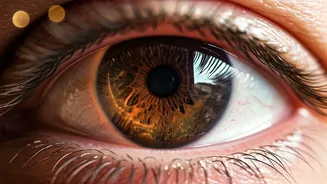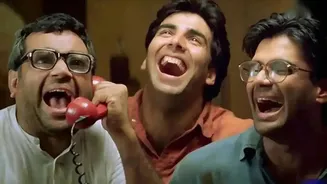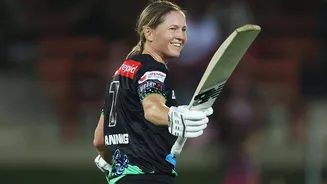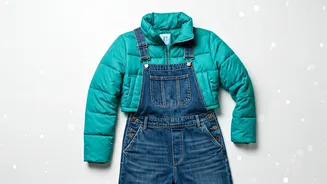Understanding Eye Vulnerability
Eyes, like any other part of the human body, are subject to various risks. Children and older adults are especially vulnerable to eye problems due to several
factors. Children's eyes are still developing, making them more susceptible to certain conditions. In contrast, the elderly may experience age-related vision changes. For instance, children and the elderly face higher risks of eye problems after Diwali. This vulnerability underscores the need for proactive measures to protect their vision. Awareness of these differences is key to effective eye care.
Diwali's Impact on Eyes
The festival of Diwali can pose significant risks to eye health. The increased use of fireworks and exposure to pollutants during this period can trigger or worsen eye conditions in both children and the elderly. Fireworks can cause direct eye injuries, from minor irritations to severe damage, including burns and corneal abrasions. Moreover, the smoke and fumes from firecrackers contribute to air pollution, which can exacerbate existing eye problems such as dry eye syndrome and allergic conjunctivitis. Therefore, it is essential to take precautions to minimize eye exposure during Diwali.
Protecting Children's Eyes
Children require special attention when it comes to eye protection. Parents and guardians must take proactive steps to safeguard children's vision. One critical measure is ensuring that children are supervised during firework displays. They should maintain a safe distance and never handle fireworks themselves. Protective eyewear, such as certified safety glasses, is essential when handling or being near fireworks. In addition, promoting good eye hygiene, such as regular handwashing, can prevent infections. Regular eye check-ups are also crucial to detect any problems early and ensure that children's vision develops properly.
Caring for Elderly Eyes
The elderly often experience age-related changes in vision. Seniors should be particularly cautious during Diwali and other times of increased risk. Ensure they avoid direct exposure to firework debris and smoke. Regular eye examinations are essential to monitor for age-related conditions like cataracts, glaucoma, and macular degeneration. Providing adequate lighting at home, especially in areas like stairways, can prevent falls and eye injuries. Educate seniors on the importance of reporting any sudden vision changes or discomfort promptly. Emphasize the significance of a balanced diet rich in vitamins and antioxidants to support eye health.
Beyond Diwali: Daily Habits
Good eye care goes beyond specific occasions like Diwali. Several daily habits contribute to long-term eye health. Ensure adequate screen time breaks to reduce eye strain, especially for those using computers and mobile devices. Maintain a balanced diet rich in vitamins A, C, and E, which are essential for eye health. Get regular eye check-ups, as early detection is crucial for managing various eye conditions. Always wear sunglasses with UV protection when outdoors to shield eyes from harmful rays. Staying hydrated and getting enough sleep also support overall eye health. These practices combined help preserve vision and promote long-term eye well-being.
Recognizing Warning Signs
Knowing the warning signs of eye problems is vital for timely intervention. Watch out for symptoms such as blurry vision, eye pain, redness, or sensitivity to light. If experiencing floaters or flashes of light, seek immediate medical attention. Any sudden changes in vision warrant a check-up with an eye care professional. Regular self-assessment and paying attention to any discomfort can help catch potential issues early on. Recognizing these signs and seeking professional help promptly are critical steps towards preserving eye health and preventing serious complications.













